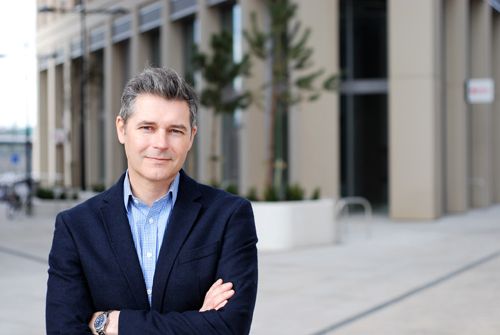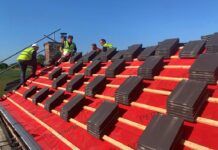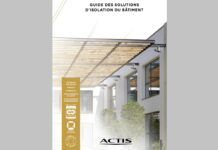 Prime Minister Theresa May’s announcement last month (May 16, 2018) to spend £400m on the refurbishment of 158 high-rise buildings identified within England’s social housing estate has been widely welcomed by the construction industry and housing chiefs alike. However, the considerable sum, earmarked by government to bring these dwellings up to standard, should also be used to create a new culture in UK housing, which treats residents in the private and public sector with equal respect.
Prime Minister Theresa May’s announcement last month (May 16, 2018) to spend £400m on the refurbishment of 158 high-rise buildings identified within England’s social housing estate has been widely welcomed by the construction industry and housing chiefs alike. However, the considerable sum, earmarked by government to bring these dwellings up to standard, should also be used to create a new culture in UK housing, which treats residents in the private and public sector with equal respect.
That is the view of James Butler, commercial director of Pura Facades, part of Vivalda Group, a distributor and fabricator of cladding systems.
“Based on the average cladding area of 3,000 m2 for a high-rise, this budget suggests a figure of over £2.5m per tower, which on the face of it appears generous,” he said. “Our calculations indicate that it’s more than enough to dismantle the existing cladding and replace this with quality, market-leading incombustible façades. And this includes all the elements of a through-wall rainscreen cladding system comprising fire-proof linings and fire breaks, insulation, weather-proof sheathing boards and all the necessary associated fixing systems.
“There should also be enough within this budget to install the necessary fire protection measures as long as each tower’s needs are carefully assessed on a case-by-case basis.
“While ensuring all of these homes benefit from the very best safety precautions the industry can offer, it’s also an opportunity for councils and social housing organisations to send a strong message to both residents and the construction sector in general; that there should be no gap in the quality of products being used on public or private housing. The Grenfell enquiry, led by Sir Martin Moore-Bick, has shown that there is a definite class theme running through this sorry chapter – and this funding provides us with the opportunity to change that divisive culture.”
He continued: “While the image of cladding may have been tarnished by association with the Grenfell tragedy, the fact remains that there are many excellent, fire-proof products out there that would be ideal for the 158 high-rise residences awaiting refurbishment. We have the budget now, all we need is the will power and imagination from local council leaders and their appointed architects to change the culture of cladding within social housing.”
Pura has now begun working in the social housing market, demonstrating how products and methodologies used in the private sector can be adopted by public sector developments. Butler said: “While we have already worked on a couple of social housing projects that have used non-flammable natural cladding, including terracotta or glass reinforced concrete (GRC) cladding from manufacturers such as Rieder of Austria, we’re also excited to see a new generation of aluminium cladding now coming onto the market.”



